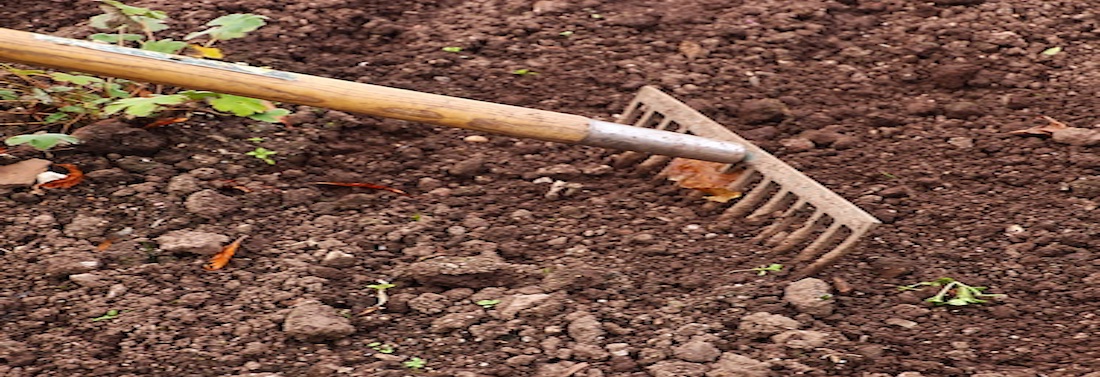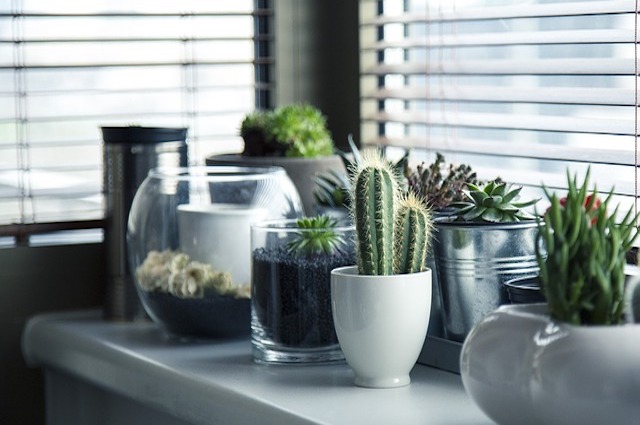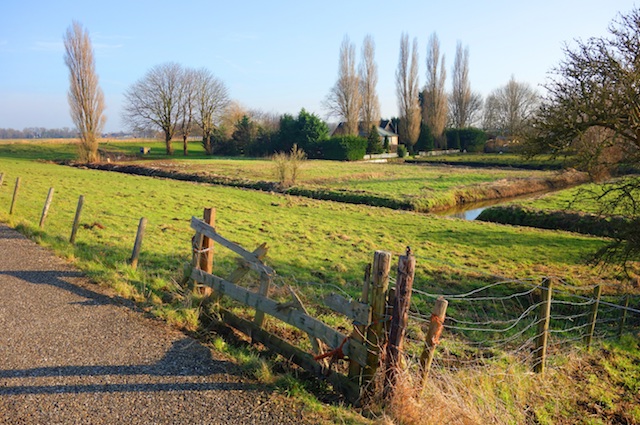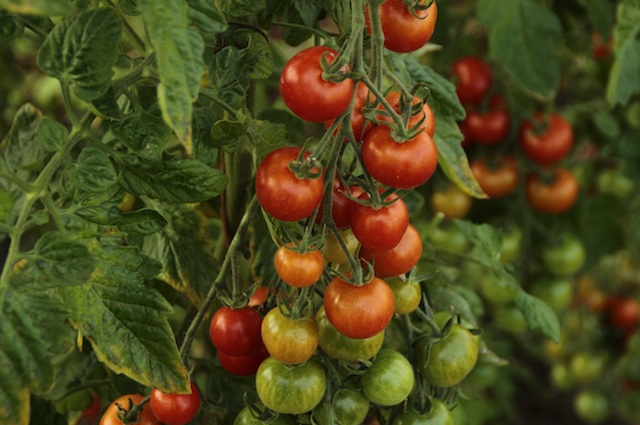Helpful Tips for Growing Your Own Food with a Sustainable Garden
Sustainable gardening is a healthy, natural way to grow your own produce. It is an organic method of planting that enables a garden to sustain itself with very little in the way of chemicals or outside resources, relying instead on companion planting, natural water sourcing, compost, and mulch to provide the nutrients and protection needed for a successful, healthy garden. There are many benefits to sustainable gardening. The lack of chemical pesticides and herbicides are safer for the environment and the use of mulch and compost conditions the soil, allowing for heartier produce with a larger yield. Listed below are tips on how to create your own sustainable garden.
Soil
Before planting, it’s important to test your soil to determine if it has a high alkaline content or is acidic. Test kits are inexpensive and can be purchased online or at a plant nursery, and come with easy to follow directions. Most plants prefer a balanced ph, but plants such as blueberries, radishes, and parsley thrive in a more acidic soil. Knowing the ph of your garden soil will allow you to add compost and fertilizer as needed to adjust the ph to the appropriate level.
It’s also important to consider ground cover when preparing the soil for gardening. In forests, the ground is covered with fallen foliage and there is usually an abundance of natural ground cover like grass, moss, weeds, brush, and wildflowers. It’s important to imitate nature when considering ground cover for your garden. The addition of mulch, grass clippings, and dry leaves helps the soil to retain the moisture and nutrients needed for a healthy garden to grow.
Seeds
For your first season of planting, begin by buying seeds and plants that are heirloom organic whenever possible. After harvesting the resulting produce, you’ll be able to collect and save the seeds from your crop for planting the following the season. Not only are you maximizing the use of your plants and saving money on the purchase of new seeds, you’re also assured of the quality of what you’re planting because the seeds came from your plants. Start by saving easier seeds such as tomatoes, peppers, peas, watermelons, and cantaloupes.
When deciding what you would like to plant, always consider what will grow best in your climate and terrain. Try to include plants native to your area that are going to be more likely to thrive. Whenever you can, also choose perennials that will return each season rather than annuals that have to be replanted every year.
Regardless of the plants that you choose, make sure that you have a diverse selection that includes flowers and herbs. This creates a healthy growing environment that is also beneficial to your local pollinators and other beneficial insects.
Companion Planting
Sustainable gardens aren’t typically planted in the same manner as more traditional gardens. Fruits and vegetables are planted alongside flowers and herbs for natural protection from pests and in some cases, to enhance the flavor of the produce. Planting tomatoes and basil together, for example, will result in a more flavorful tomato, and the basil also protects the tomato plants from flying insects such as mosquitoes. Harmful insects and other pests are also more attracted to the mass plantings found in traditional gardens. By mixing flowers, herbs, fruits, and vegetables together, you’re removing this attraction, and you’re also including plants that will attract local pollinators.
Water
Water has to be carefully considered when planning a sustainable garden. Ideally, clean rainwater should be used in the garden to promote healthy growth and to avoid soil contamination. Collecting rainwater in rain barrels and other containers help reduce soil erosion and it also alleviates the cost of relying on municipal water supplies. If you do choose to use your city’s water in addition to rainwater, consider ways to harvest gray water such as placing buckets in the shower for water conservation and cost management. To further optimize the use of your water, make sure that your soil is permeable and well aerated.
Compost
Composting has a major impact on sustainable gardening. Composting reduces waste and acts as a natural fertilizer, creating a richer soil that produces a larger, healthier crop. It doesn’t have to be complicated; gathering kitchen scraps and green waste from the yard after mowing and trimming is one of the best ways to compost. Using only locally grown scraps and green waste is the best for your sustainable garden as it lends to the ecosystem that you’re creating. If you don’t feel that you have enough scraps and green waste to start composting, consider speaking with your neighbors and local grocers about collecting their green waste to add to your compost as well.
Another simple composting trick is to rake fallen leaves over your garden beds in preparation for the winter. As the leaves break down, the soil is nourished, making for a healthy, rich soil for planting in the spring.
Mulch
There are a variety of benefits to adding mulch to your garden. It keeps the soil moist, and it helps to cut down on the presence of weeds. Like composting with fallen leaves, mulch also adds nutrients to the soil that will enhance plant growth and production. It also reduces soil compaction, prevents erosion, and enhances the appearance of your garden.
Local mulch from your yard is preferable to prepared mulch that can be purchased at a nursery. Leaves, pine needles, and wood chips are all suitable materials for mulch. Consider asking your neighbors for their raked leaves or pine needles if you don’t feel that you are able to gather enough material from your own property.
Sustainable gardening is a lifestyle that is fulfilling, not only because it provides a clean source of food for you and your loved ones, but also because it gives you the opportunity to appreciate your land while taking care of the Earth that sustains us all. By following the tips listed above, you will be well on your way to a garden that will provide for you for years to come.
About the Author: Kylie is the editor at Green & Growing. She enjoy the outdoors, especially when she can go on a fun hike or adventure. She likes to focus on the perks green living. She feels it is so important to take care of our earth and hope to spread more awareness as she edits and writes.





